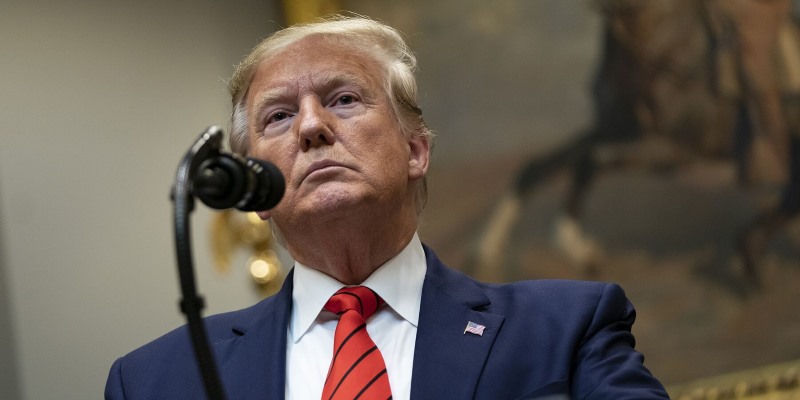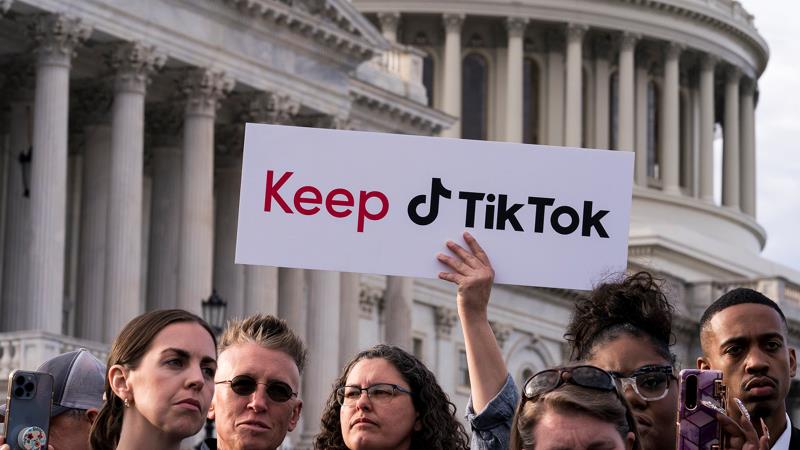Technology
The Countdown Begins TikTok Faces U.S. Ban Over Security
The Chinese-owned TikTok faces U.S. ban over platform, which reaches nearly half of the U.S. population, is at risk of being banned from U.S. app stores by January 19. On Friday, TikTok defended its position before the U.S. Supreme Court, but justices expressed skepticism regarding its First Amendment challenge. A new bipartisan security law mandates either a shutdown or change of ownership by the deadline, putting TikTok’s future in jeopardy.
Security Concerns and Bipartisan Legislation
The Supreme Court’s expedited review focuses on the constitutionality of a law signed by President Biden in 2023. The law designates TikTok as a tool of a foreign adversary, citing national security threats. TikTok’s appeal is fast-tracked to ensure a decision before the looming January 19 deadline. The case’s outcome will influence future internet regulation policies.
U.S. Government Concerns Over Chinese Control of TikTok
For years, the U.S. government has raised alarms over China’s control of TikTok, fearing espionage and surveillance risks. Officials worry that Beijing could manipulate content to spread disinformation and undermine American interests. Despite ByteDance’s attempts to address these concerns, including promising to protect U.S. data, the U.S. remains skeptical.
Law Mandates ByteDance to Divest by January 19
Congress passed the Protecting Americans from Foreign Adversary Controlled Applications Act in 2023, giving ByteDance until January 19. Investors have shown interest in acquiring TikTok, but ByteDance argues the sale is impractical. TikTok, supported by content creators, challenged the law. The legal battle continues as the company seeks to block the law’s enforcement.

Trump’s Controversial Remarks on Territorial Expansion and U.S. Influence
President-elect Donald Trump’s controversial remarks refrained from dismissing the use of military or economic measures to secure control…
TikTok Frames the Issue as Free Speech
TikTok frames the issue as a free-speech matter, claiming content curation is protected under the First Amendment. The company argues that the government’s security concerns are exaggerated. TikTok believes extreme measures to address these concerns are unjustified. The U.S. appeals court upheld the ban, which prompted TikTok to appeal to the Supreme Court. The company now seeks the Court’s intervention in resolving the matter.
Potential Consequences of the Ban
If the ban is upheld, U.S. app stores may remove TikTok by January 19. ByteDance cannot issue updates, and new users cannot download the app. Experts suggest workarounds like VPNs or mobile browsers could maintain access. However, TikTok’s functionality will likely diminish over time.
Trump’s Involvement and Potential Delay
Former President Donald Trump, who once sought to ban TikTok, now advocates for protecting the platform. He requested the Supreme Court delay the ban. Trump expressed concerns about its effect on users and internet regulation. He emphasized finding a solution that ensures security while preserving TikTok. Trump’s stance highlights the need for balanced internet policies.
Global Impact and Precedents Set by Other Countries
If the U.S. bans TikTok, it will become the first Western democracy to take that action. Several countries, including India, Iran, and Afghanistan, block the app. NATO and EU countries restrict TikTok on government devices. Meanwhile, China heavily censors its version, Douyin.
TikTok faces U.S. ban over poses a significant challenge, especially considering its widespread user base. While the platform defends its stance before the Supreme Court, the bipartisan security law creates uncertainty, forcing TikTok to navigate complex legal and ownership hurdles, according to wsj deals.


